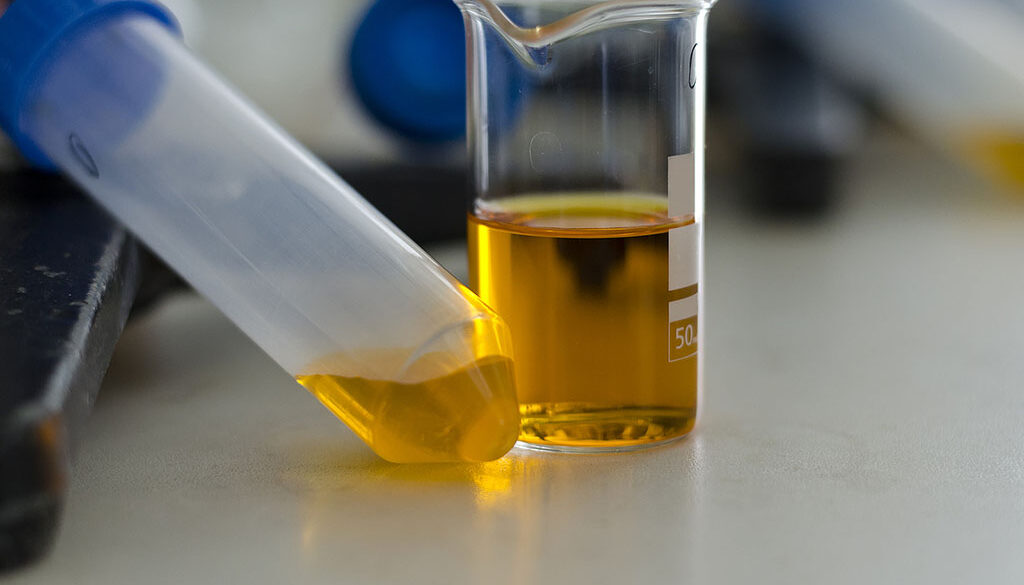What Does the Color of Your Urine Mean?
Maybe you’ve always wondered, but you were afraid to talk about it. Is there a reason that your urine is sometimes darker than others? Why does it change color? Even more importantly, what does the color of your urine mean…and when does it signal time to schedule an appointment with our internal medicine doctors in Raleigh?
You don’t ever have to be embarrassed or afraid to talk to us about these health issues. In fact, your urine color can give us a snapshot of your overall health.
What Does the Color of Your Urine Mean? Your FAQs
Healthy urine should be a pale yellow or straw color. But what do the variations mean? To give the
most accurate diagnosis, we’ll need to take a urine sample and conduct an evaluation.
We’ll look at some of your frequently asked questions.
What Color Urine Should I Be Worried About?
Before you worry about the color of your urine, ask yourself:
- Have I made any recent dietary changes (especially if you have been eating beets or asparagus)?
- Have I been drinking more water than usual?
- Is this change in color only temporary?
Any time your urine strays from the pale-yellow color, it can be a clue to how well your body is functioning. It’s worth mentioning any changes to one of our internal medicine doctors in Raleigh who are accepting new patients. Changes in urine color from pale yellow to very dark urine or urine that is tinged with blood are examples of changes that warrant a physician’s attention.
Can My Urine Color Show That I Have Diabetes-–What Color is Diabetic Urine?
If you urinate often, and your pee is very light-colored or even clear, it could be a sign of diabetes. However, it can also be a sign that you are over-hydrating yourself. But remember: Excessive thirst is often a warning sign of diabetes, which will cause you to drink more water.
If you have diabetes, you may notice that your urine has a sweet smell.
A Quick Overview of Urine Colors: What You Need to Know
While you’ll need to schedule an appointment with us for an accurate diagnosis, in general:
- Red urine could be a sign of blood, indicating a UTI or even kidney stones.
- Pee that is cloudy or greenish can also be a sign of a urinary tract infection.
- Kidney disease may cause cola-colored urine.
- If your pee has an ammonia smell or is dark brown, this could be an indicator of liver failure.
- Orange urine can indicate dehydration or problems with your bile duct or liver.
- If you have reddish-purple urine, take a quick evaluation of whether you’ve been exposed to lead or mercury, as this is a possible sign of lead or mercury poisoning.
- Blue urine may be caused by food dyes or dietary changes.
What Should I Do If My Urine Color Is Different?
If you experience something slightly out of normal but your urine returns to a pale yellow color, it’s often not a cause for alarm. However, you should still keep us informed about these changes because, as indicated by the list above, they can be clues to more involved health problems.
Don’t try to make a self-diagnosis through “Dr. Google” or AI—especially using the color of urine alone. Often information on the internet may be unreliable or incomplete, causing unnecessary stress.
What Will My Internal Medicine Doctor Ask Me?
When you see one of our internal medicine doctors in Raleigh, we will evaluate your urine and not only examine its color but also ask you questions about such as:
- Is your urine clear or cloudy?
- Does it foam after you urinate?
- Do you have pain when you go to the bathroom?
- How long have you had this color in your urine?
- What medications or vitamin supplements are you taking? (Medicines can influence your urine color.)
How Will My Abnormal Urine Be Treated?
Once we reach a diagnosis, we will proceed with a treatment plan. For example, if your urine indicates that you could have diabetes, then we will test your blood sugar and A1C. If you have diabetes, we’ll start a treatment plan tailored for you, and schedule regular follow-up appointments.
Raleigh Adult Medicine’s Internal Medicine Physicians Have Aided The
Raleigh Community for More Than 50 Years
Five decades.
That’s five decades of dedication to the health of our community with state-of-the-art care and compassion. All of our board-certified doctors have received extensive specialized training and are recognized as leaders in their field–plus, our internal medicine doctors in Raleigh are accepting new patients!
If you have health concerns, don’t hesitate to contact us to schedule an appointment. We’ll work with you to ensure you’re living the healthiest life possible.
The information in this article and the other articles on this website is for educational purposes only and is not intended as medical advice. If you have questions or concerns, please contact your healthcare provider.


